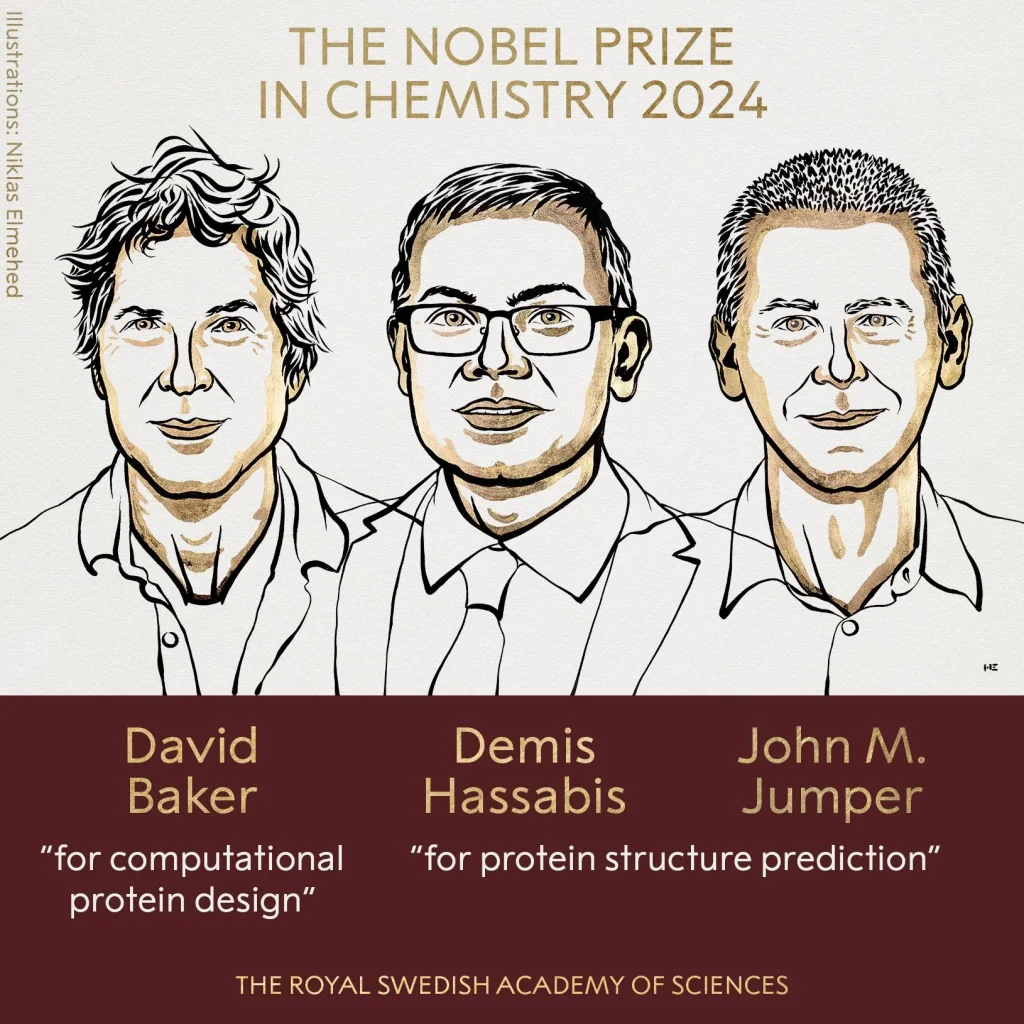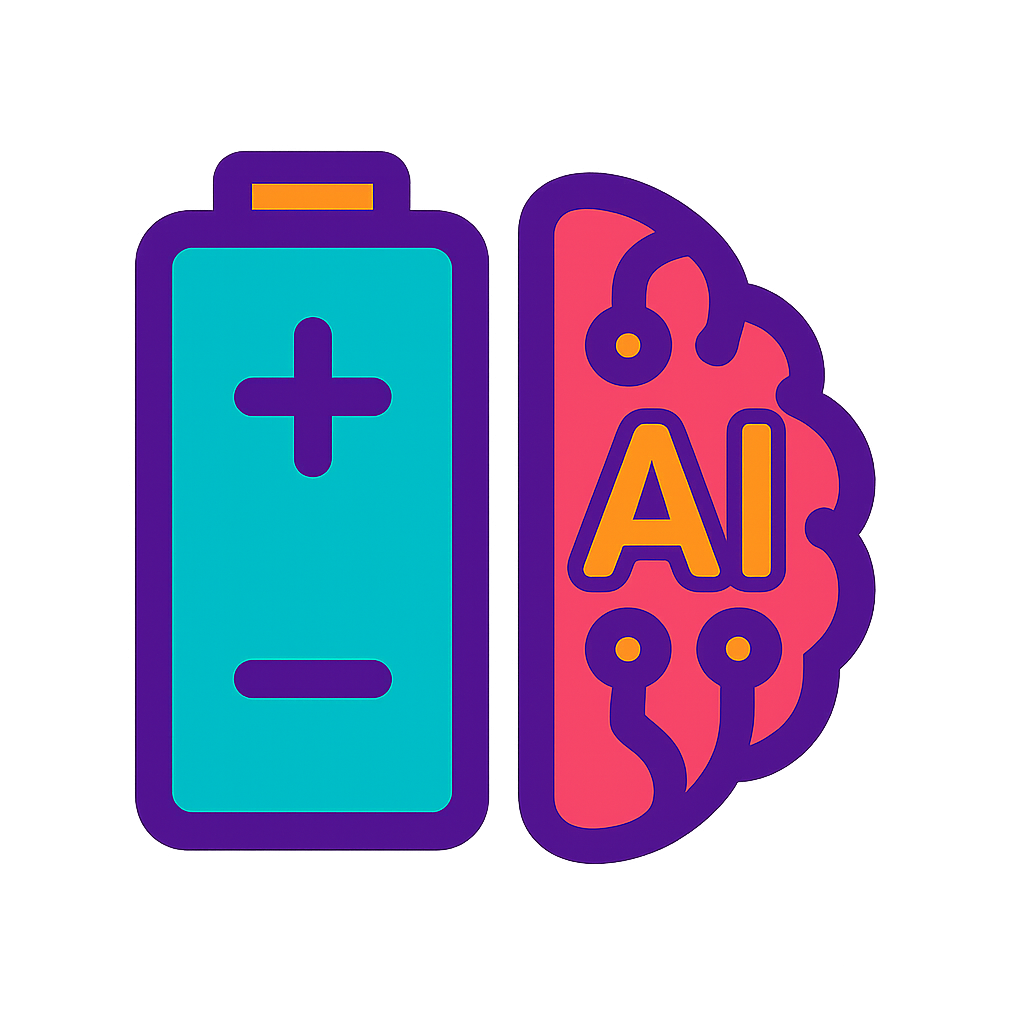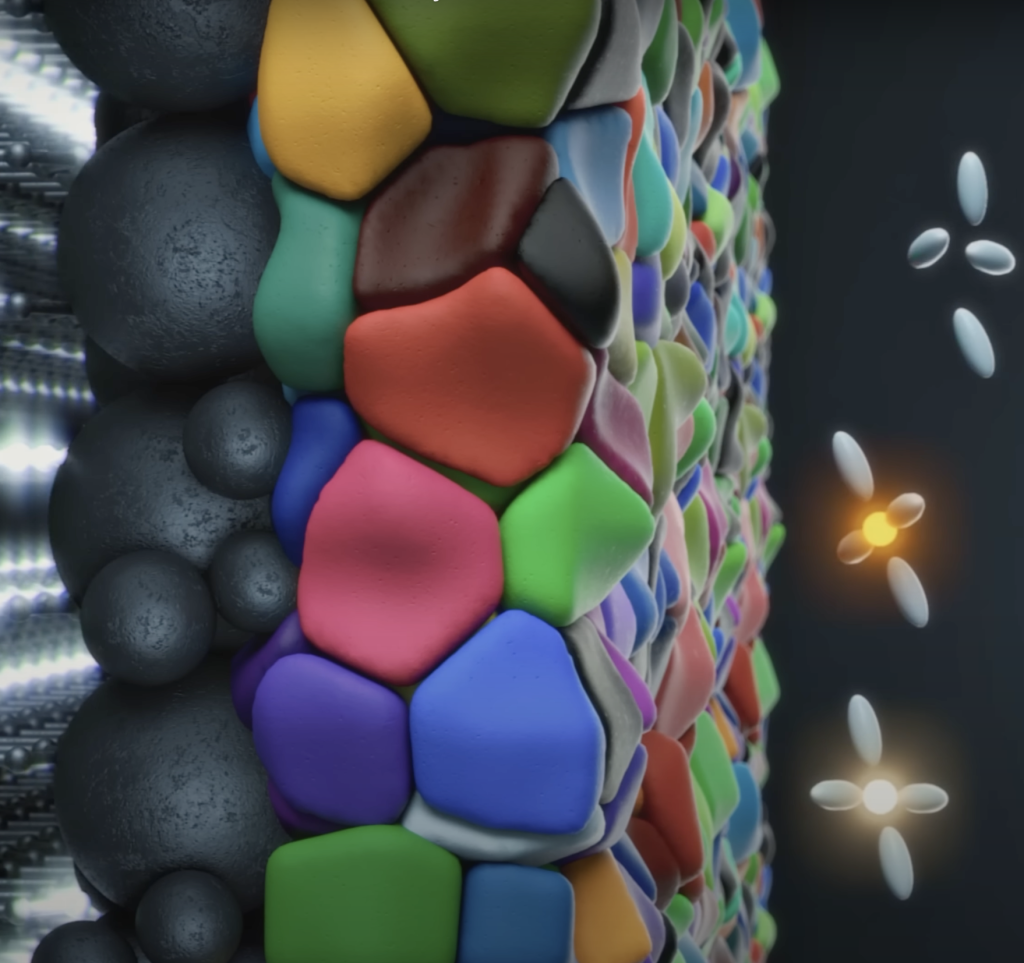On October 9, the Royal Swedish Academy of Sciences announced that the 2024 Nobel Prize in Chemistry has been awarded to David Baker, Demis Hassabis, and John M. Jumper in recognition of their contributions to protein design and protein structure prediction. The three laureates will share a prize of 11 million Swedish kronor.

The Nobel Committee praised Baker, from the University of Washington in the U.S., for successfully accomplishing the nearly impossible task of constructing entirely new proteins. Meanwhile, British scientists Demis Hassabis and John Jumper from Google developed an AI model known as AlphaFold2, which has solved a 50-year-old problem by predicting the complex structures of approximately 200 million known proteins. AlphaFold2 is already being used by more than 2 million people globally.
Notably, this follows the recent announcement of the Nobel Prize in Physics, which was also awarded for AI-related technologies.
How AI Is Driving Chemical Research
The Nobel Prize winners in chemistry this year made remarkable achievements in predicting chemical reactions and molecular design using AI technology. They developed and applied machine learning models that significantly improved the accuracy of predicting chemical reaction pathways. Traditionally, chemists have relied on extensive trial and error in the laboratory to uncover new reaction mechanisms. AI, however, can rapidly analyze large datasets and identify potential useful reactions. This not only accelerates research progress but also drastically reduces the time and cost of experiments.
In molecular design, AI shows equally promising potential. By efficiently analyzing the structure-performance relationships of molecules, AI can predict the properties of new materials or drugs. This allows chemists to screen potential molecules with specific functions at an unprecedented speed, greatly enhancing the discovery process for new materials and pharmaceuticals.
Key Applications of AI in Chemistry
- Molecular Modeling and Design
AI predicts the behavior of new molecules by analyzing their structure and properties. Machine learning algorithms can identify correlations between molecular features and performance from existing databases, helping researchers quickly design molecules with desired functionalities. - Reaction Mechanism Prediction
Predicting chemical reaction pathways and products traditionally relies on human theoretical knowledge and experience. However, AI can learn from vast amounts of data and identify hidden reaction mechanisms, enabling chemists to predict the outcomes of complex reactions with greater precision. - Breakthroughs in Material Science
AI plays a key role in the discovery of new materials. Through simulation and prediction, AI helps researchers rapidly design materials with potential superconducting, photovoltaic, or energy storage properties, significantly accelerating breakthroughs in material science.
Future Trends
Looking ahead, the application of AI in chemistry will become even more widespread and advanced. Here are some potential future developments:
- Integration of AI and Quantum Chemistry
The combination of AI with quantum chemistry is expected to further improve the accuracy of molecular simulations. The rise of quantum computing will empower AI to handle complex chemical systems, enabling precise simulations of reactions at the atomic level. - Adaptive Experimental Design
In the future, AI will not only analyze data but also become involved in experimental design. With real-time feedback, AI can automatically optimize experimental parameters, significantly increasing the efficiency of experiments. This type of “adaptive laboratory” will allow chemists to complete more complex research in a shorter time. - Drug Discovery and Personalized Medicine
In the pharmaceutical field, AI-driven molecular design will revolutionize drug discovery, especially in personalized medicine. AI can predict the most effective therapeutic molecules based on individual genetic information, accelerating the development of personalized treatments. - Sustainable Chemistry
As global demand for sustainability and environmental protection grows, AI will assist chemists in designing more eco-friendly chemical processes. By optimizing reaction conditions and reducing by-products and energy consumption, AI will play a vital role in the field of green chemistry.
The awarding of the 2024 Nobel Prize in Chemistry once again demonstrates AI’s indispensable role in advancing scientific progress. AI not only accelerates research in chemical reactions and molecular design but also lays the groundwork for future breakthroughs. As AI technology continues to evolve, it will have an even more profound impact on every aspect of chemical research in the future. The fusion of science and technology will shape a smarter, more efficient world ahead.



